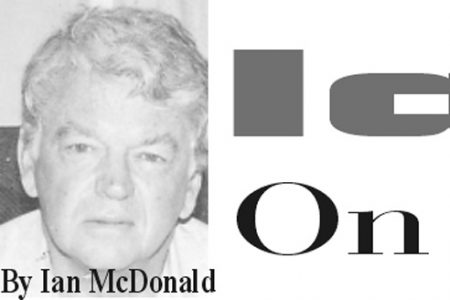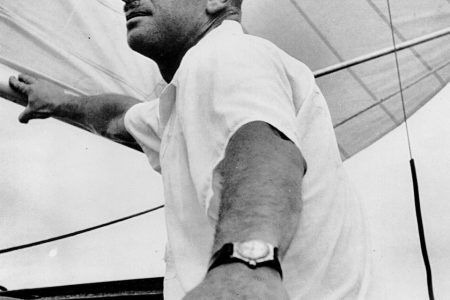
The Olympics
Sport has an infinity of delights to offer in this hard, unplayful world.

Sport has an infinity of delights to offer in this hard, unplayful world.
Any number of times I read of some atrocity here or in the wider world and say to myself or exclaim in horror: “No, this is the worst.
There is an entry in my father’s diary which moved me deeply when I read it after he died.

Derek Walcott, or rather his poetry, entered my life when he was twenty and I was seventeen.

Politicians love to praise themselves or arrange for others to praise them.

When I was in the 5th form at Queens Royal College in Port-of-Spain, I think it was in 1948, I used to go with some of my classmates to where the 6th formers gathered during lunch hour to talk among themselves and express their considered opinions on the school, Trinidad, the world and the universe.
The golden shower orchids in my wife’s garden are particularly lovely.

Let me write as the spirit moves me, and as memories crowd the mind, about a good man through and through and a citizen of incomparable quality.
As one gets old it is inevitable that sadness grows as beloved friends die.

When he was nearly 90 Uncle Arthur learned I was in England on vacation from my job in Guyana and sent a message inviting me to crew with him in a yachting race in which he was competing.
The diaries of William Gladstone, one of the greatest British Prime Ministers, are astonishing.
I found people liked to recall the royalty of his name and nature but thought that King was too high and mighty so they named him a prince of men and that somehow seemed right.
Venezuelan dictator Maduro’s threat to annex Essequibo hurts my soul. I am particularly anguished by this threat because of all the many wonders in my life the great and beautiful Essequibo stands out most memorably.

The cover driving came from the same place as a Carter poem or an Aubrey Williams vision of an ancient land.
I remember a very long time ago, in the era of Prime Minister, not even President L.F.S.

A leader can inspire change for the better so profound and far-reaching that he deserves to be called a genius.
In his great book Decline and Fall of the Roman Empire Edward Gibbon, in writing about the reign of Titus Pius, commented in passing that history was “little more than the register of the crimes, follies, and misfortunes of mankind.”

In the last three decades of the 20th century Sonny Ramphal was at or near the centre of world affairs.
My tutor at Cambridge, Professor Nick Hammond, authority on the history of ancient Macedonia and on the life of Alexander the Great, used to coach me on what he called “exercises of the mind.”

It was exciting to play a small part in Cheddi Jagan’s very big life.
The ePaper edition, on the Web & in stores for Android, iPhone & iPad.
Included free with your web subscription. Learn more.